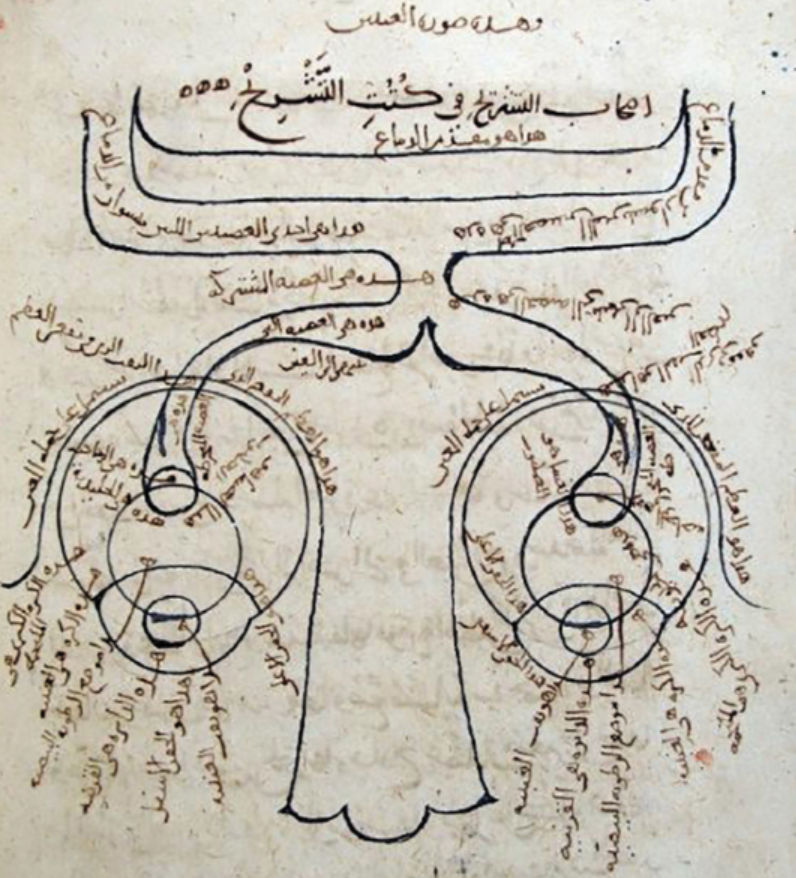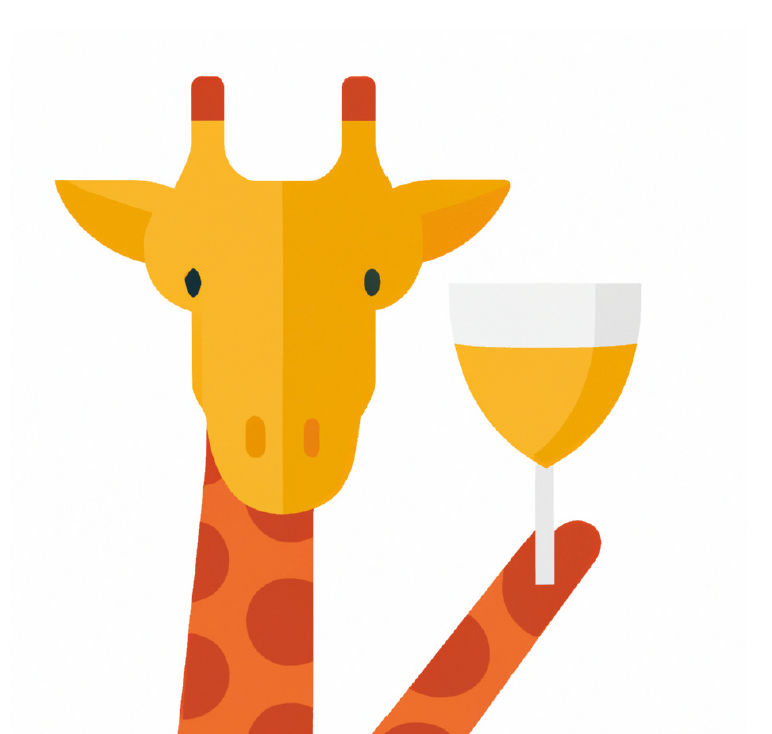A story about science: from darkness to enlightenment
- Jelle de Jong
- Articles
- 3 minutes (650 words)
Since the dawn of humanity, we have observed nature. Even without understanding it in depth, our ability to recognize patterns helped us to make sense of it. All flying feathery things became birds, and all slippery swimming things became fish (or whatever name was given to them). This is maybe not the most accurate way to make sense of this world, but it certainly was sufficient. For a long time, at least, until the first cities began to grow. Education became increasingly important; Libraries allowed the knowledge of previous generations to be accumulated. Empires grew, and information was translated and transferred between cultures. The well-known Greek philosophers were among the first to write down their thoughts and observations. While many ancient writers that tried to make sense of this world relied on assumptions, mysticism, and religious thought, there was one that stood out.
Around the year 1000, someone from what is now Iran took inspiration from Greek writings. His name was Hasan Ibn al-Haytham, and his work would ultimately shape the world into what it is today. It was not necessarily WHAT he found out that was the reason for that, though he made great contributions to the fields of mathematics, physics, and astronomy. It was HOW he came to his conclusions, it was his way of working, that made him truly unique among the great thinkers of his time. Take, for example, his book of optics; not only did he state his findings and way of thought; he was the first to write down his work according to the scientific method. Thus, Ibn al-Haytham can be seen as the first true scientist. He came up with a method to test hypotheses, whether it were about observations of his own or others. He took care in elaborating his way of thought and made sure his work was reproducible by meticulously describing how he performed said experiment. Compared to some Greek thinkers like Ptolemy and Euclid, who believed the eye emitted light in order for us to see, Ibn al-Haytham came to very different conclusions. Among these were; light travels in a straight line and extremely fast. Light can be reflected and refracted by mirrors and lenses. He spent much time on studying the eyes. Most importantly, he explained that vision occurs when light reflects from an object and passes into the eye. Though he did not know how a coherent image would be formed from all the observed light within the eye, he figured it must have something to do with the brain (see drawing).
After Ibn al-Haytham died, it would take a long time before his work would reshape the world. It was not until hundreds of years later that his Book of Optics would be translated from Arabic to Latin. During the middle ages this book would gain popularity, and was printed in 1572 by a German mathematician. During the scientific revolution and subsequent enlightenment his work would be cited by many well known scientists, like Isaac Newton, Galileo Galilei, Johannes Kepler, and Christiaan Huygens. While these names sound familiar, it is kind of unfair that many of his findings were attributed to Europeans. His contribution to optics and science laid an important foundation that would, hundreds of years later lead to microscopes and telescopes. Not only did his work lead to a huge expansion of our observable world, it also guided us how to make sense of our observations in a scientific way. After countless scientific communities arose, Darwin and Wallace set sail to make new observations. By broadening their horizon, and testing their view of the world, they led the world away from old ideas. Away from ideas like the transmutation of species, towards an organisation of life by evolutionary relation. Once again, it was shown that light does not come from within us, it is our observations that enlighten us.



Comments
Log in to read and post comments